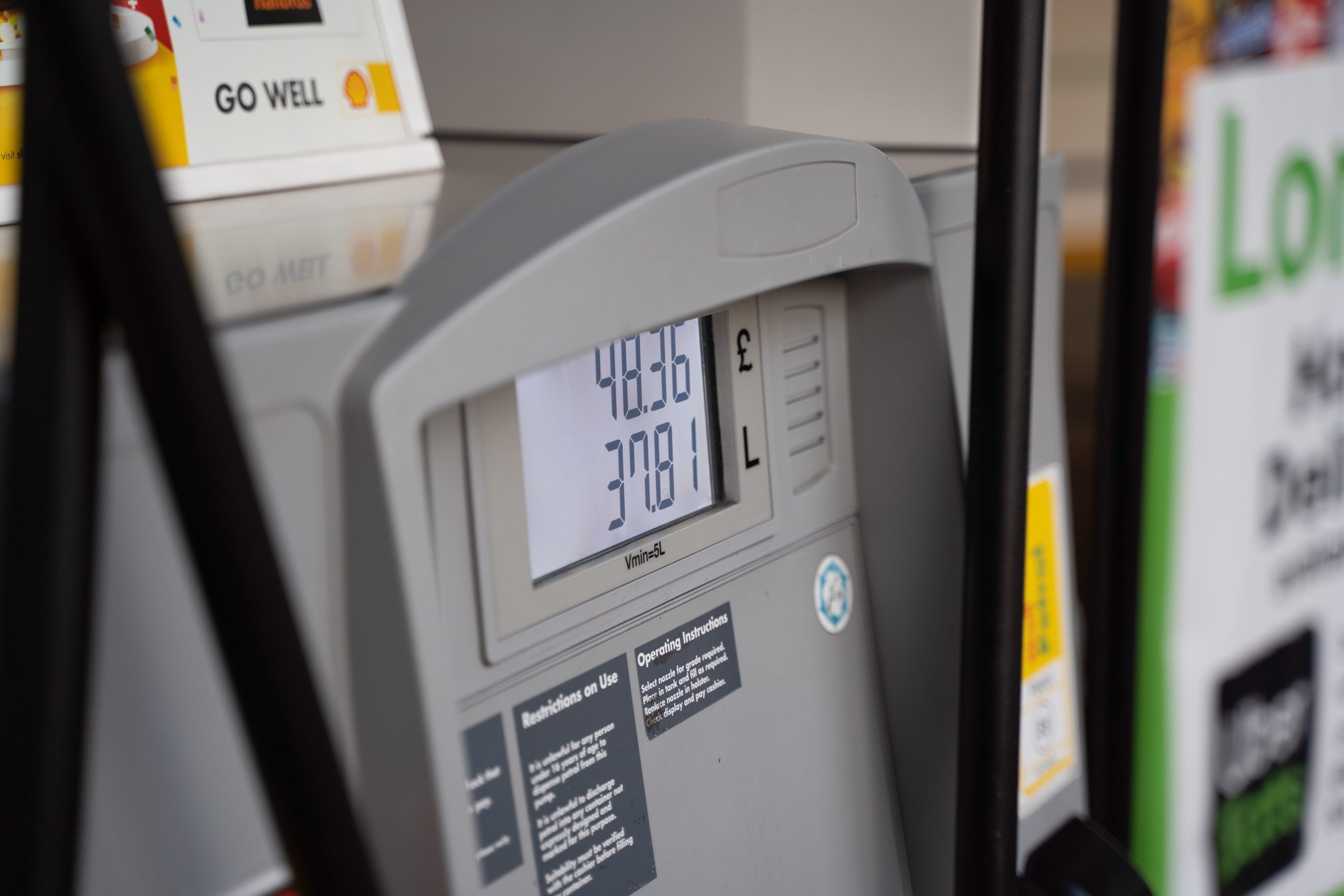Shell, the energy giant, has recently announced its earnings for the third quarter, revealing solid financial performance.
Despite experiencing a significant drop in profits compared to the same period last year when Russia’s invasion of Ukraine led to soaring oil and gas prices, Shell reported earnings of $6.2 billion (£5.1 billion) between July and September.
This figure marks a substantial increase from the previous quarter, showcasing the company’s resilience.
In the same quarter the previous year, Shell recorded earnings of $9.4 billion, but the current dip in profits is attributed to the lower oil prices. However, the energy landscape has been marked by recent fluctuations, with oil prices gradually rising.
This resurgence is primarily due to OPEC+ member countries implementing output cuts to stabilize the market.
The ongoing conflict in the Middle East has added further uncertainty to the oil market. The World Bank recently warned that crude oil prices could reach $150 per barrel, starkly contrasting with the current $85.
Such geopolitical tensions have also impacted the global energy market, contributing to the recent increase in oil prices.
Shell’s third-quarter results, which exhibit a 23% rise in earnings compared to the previous quarter, are attributed to several factors.

Higher oil prices and increased oil and gas production played a pivotal role, along with improved profitability in refining and gas trading.
These positive developments have allowed the company to navigate the challenges presented by the recent fluctuations in oil prices.
In response to their financial performance, Shell has announced a plan to return $3.5 billion to shareholders through a share buyback program.
This follows the company’s commitment to producing $23 billion to shareholders annually. However, not everyone is celebrating these payouts.
Environmental and climate advocacy groups have criticized Shell’s focus on shareholder payouts and their continued investment in fossil fuels.
Some argue that the energy company should redirect its resources towards renewable energy and clean technology rather than furthering its commitment to oil and gas.
Shell’s CEO, Wael Sawan, unveiled a strategy shift earlier this year, emphasizing the importance of oil and gas and announcing plans to reduce the workforce at its low-carbon solutions division by at least 15%.
This decision has sparked debate regarding the company’s alignment with global climate goals.
As the global energy landscape continues to evolve, Shell’s financial performance illustrates the ongoing challenges and opportunities in the sector.
While profits have rebounded, questions about the company’s commitment to addressing climate change and transitioning toward cleaner energy sources persist, making it a focal point for shareholders and environmental activists alike.


Comments are closed.